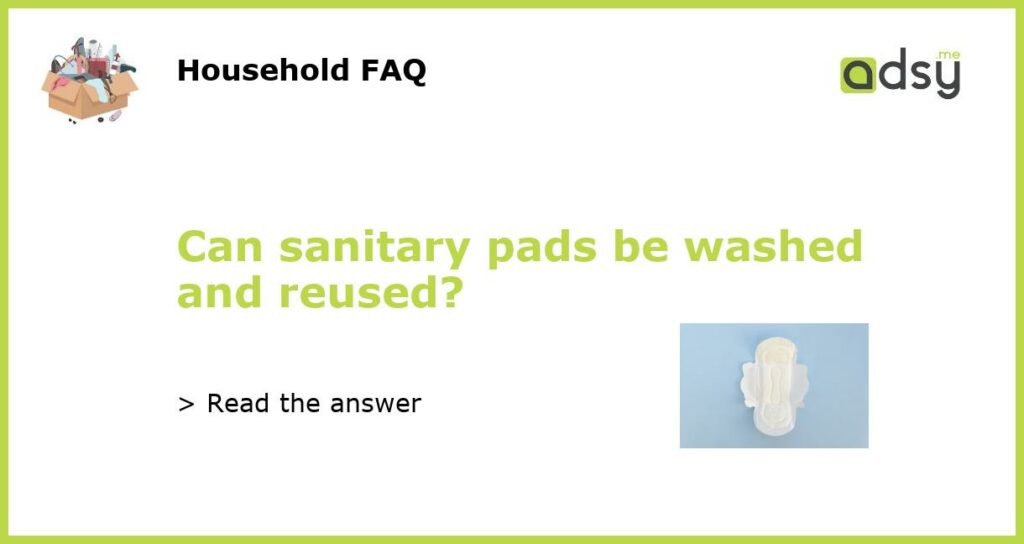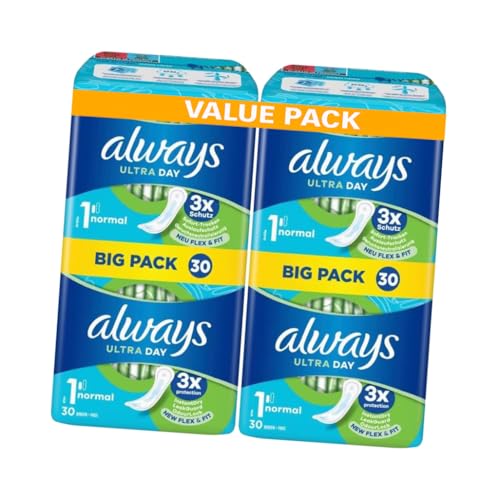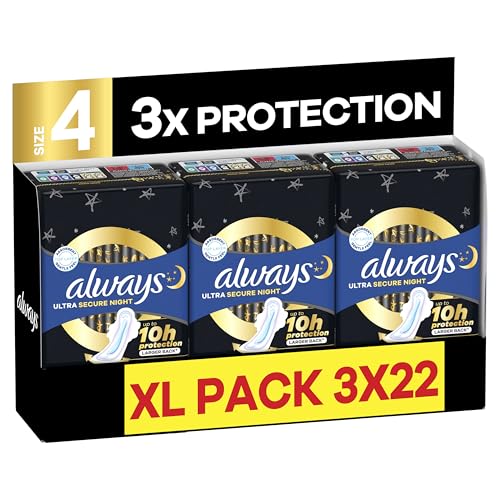Yes, sanitary pads can be washed and reused under certain conditions
Sanitary pads are essential for women during their menstrual cycle. They provide comfort, protection, and hygiene. However, their continued use raises concerns about their environmental impact and the cost they incur. As a result, some women have started exploring the possibility of washing and reusing sanitary pads. This practice can be safe and effective when done correctly and with the right materials.
What are reusable sanitary pads?
Reusable sanitary pads, also known as cloth pads, are an eco-friendly alternative to disposable pads. They are typically made from absorbent fabric layers that are soft against the skin. These pads can be washed and used multiple times, eliminating the need for frequent purchases and reducing waste. With proper care, reusable sanitary pads can last for years, making them cost-effective and environmentally friendly.
How to wash and care for reusable sanitary pads?
Washing and caring for reusable sanitary pads is relatively straightforward. Here are some steps to follow:
- After use, rinse the pad with cold water to remove any blood stains.
- Soak the pad in cold water for a few hours or overnight.
- After soaking, wash the pad with mild detergent and warm water. Avoid using harsh chemicals or fabric softeners as they can irritate the skin.
- Hand-washing is recommended, but machine-washing on a gentle cycle can also be done.
- After washing, air-dry the pad. Avoid using a dryer as it can damage the fabric and reduce the pad’s longevity.
By following these steps, reusable sanitary pads can be effectively cleaned and maintained.
Benefits of using reusable sanitary pads
There are several benefits to using reusable sanitary pads:
- Environmental impact: Disposable sanitary pads contribute to a significant amount of waste. By using reusable pads, you can reduce your carbon footprint and minimize landfill waste.
- Cost savings: Investing in reusable pads can save money in the long run. While the upfront cost may be higher, it is offset by the savings from not having to purchase disposable pads every month.
- Comfort and breathability: Reusable pads are often made from natural fibers that allow for better airflow, reducing the risk of irritation or discomfort.
- Customizability: Many reusable pad brands offer different sizes, shapes, and absorbency levels, allowing women to find the perfect fit for their needs.
- Reduced chemical exposure: Disposable pads can contain chemicals such as fragrances and bleaching agents that may cause skin irritation or allergic reactions. Reusable pads are generally free from these additives and are hypoallergenic.
Considering these benefits, it’s easy to see why many women are making the switch to reusable sanitary pads.
Precautions and considerations
While reusable sanitary pads can be a sustainable option, there are a few precautions and considerations to keep in mind:
- Hygiene: It is crucial to maintain proper hygiene when using reusable pads. Thoroughly cleaning and drying them after each use is essential to prevent bacterial growth.
- Replacement: Reusable pads have a limited lifespan, typically lasting between 1-5 years depending on the brand and quality. Regularly inspect the pads for signs of wear and tear, and replace them when necessary.
- Traveling: Using reusable pads while traveling may require some planning. It’s important to have access to clean water, soap, and a secure place to dry the pads.
- Comfort and convenience: While reusable pads can be comfortable for many women, some may find them bulkier or less convenient than disposable options. It’s a personal preference, and finding the right fit may require some trial and error.
- Menstrual flow: Reusable pads may not be suitable for heavy flow days for some women. It’s important to choose pads with the right absorbency level and consider using them in combination with other menstrual products if necessary.
By taking these precautions and considerations into account, the experience of using reusable sanitary pads can be safe and beneficial in the long run.






